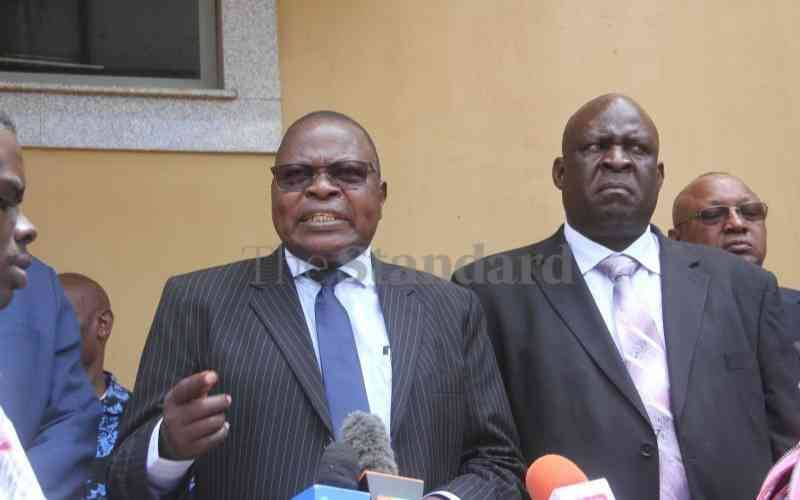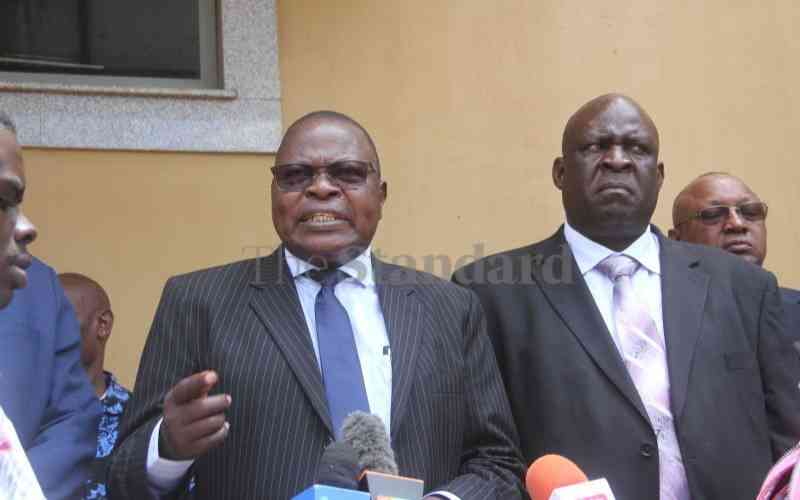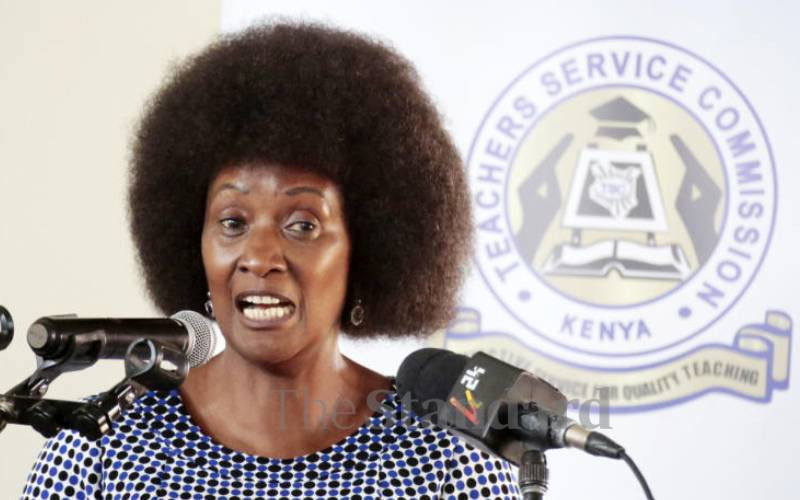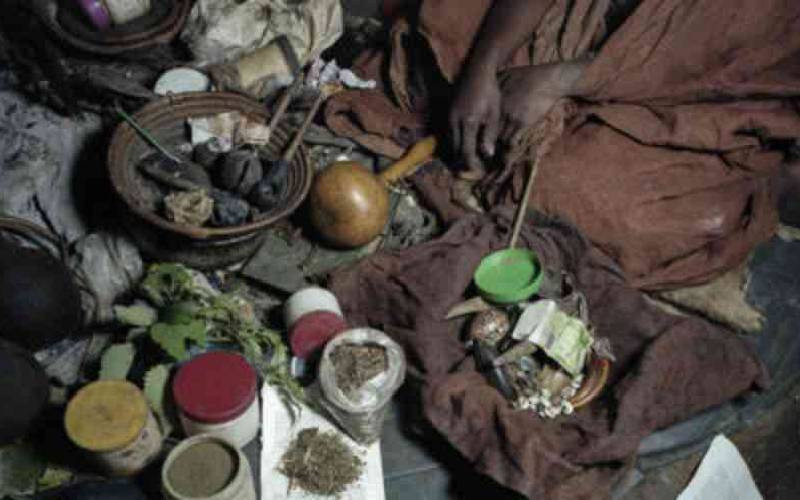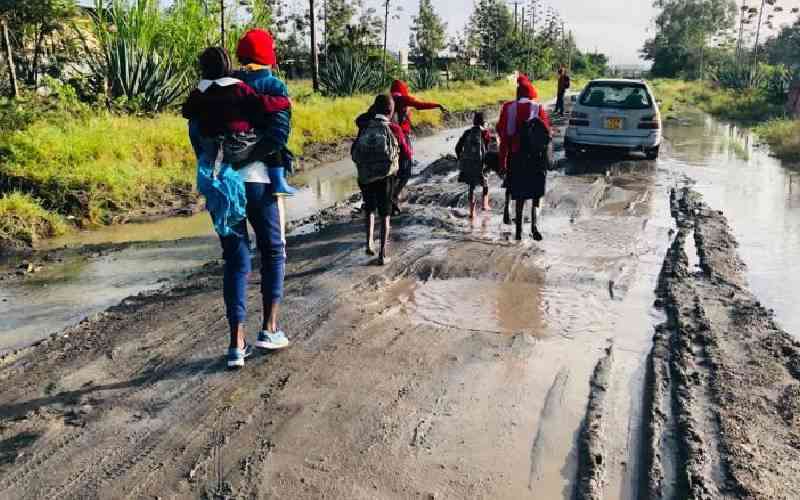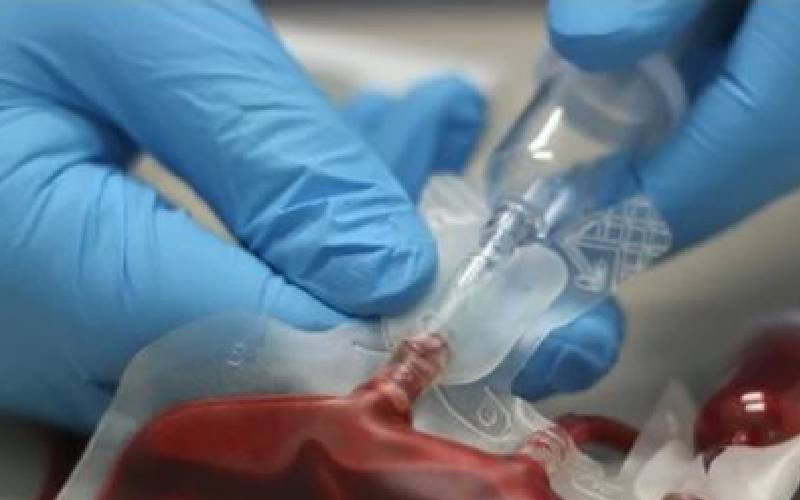By Sam Otieno
Most teachers pursuing higher education are studying irrelevant courses and the taxpayer is footing the bill for this wastage. Others study relevant courses whose coverage is shallow.
A report by the Teachers Service Commission says most teachers who have graduated under School Based Learning Programmes (SBLP) are incompetent.
"The subjects content under the programme is inadequate," says the report.
Normally, a teacher goes a rank higher if they further their education. Last year, more than 12,000 teachers under SBLP graduated. To match the rise in rank, TSC spent more than Sh74 million on salaries.
A report by the commission says 67 per cent of primary school teachers on SBLP are pursuing degree courses. According to the report, this translates to salary increment of about 65.8 per cent for each teacher.
High bill of wages
"A majority of primary teachers will upgrade their qualifications to degree level, and will significantly increase the teachers’ wage bill," says the report.
Last year, about 3, 812 P1 teachers obtained diplomas through SBLP. As a result, their salary shot from Sh49 million to Sh56 million.
The P1 teachers who obtained Bachelor of Education degrees formed the bulk of those pursuing higher education at 7, 418. The wage bill rose from Sh95 million to Sh158 million.
Untrained teachers who obtained diploma certificates were 398 and their salaries shot from Sh5.1 million to Sh5.9 million.
Salaries for those with diplomas rose by two million from Sh4 million.
About 927 teachers with bachelor degrees in Education got masters degrees shooting up their wage bill from Sh20 million to Sh22 million.
The wage bill of 55 teachers who got PhDs shot the wage bill by 6.3 per cent from Sh1.1 million to Sh1.2 million.
The report says most teachers are pursuing SBLP without the commission’s knowledge but they come out with little to sharpen their skills.
Stay informed. Subscribe to our newsletter
According to the report, 12,042 primary school teachers were on SBLP. About 7,418 registered for a Bachelor of Education degree while 3,812 took diploma courses.
About 1, 171 post primary teachers are on school based learning programmes. About 52.35 per cent are pursuing masters degree programme and 19.18 are pursuing diploma courses.
About 4.10 per cent of the primary school teachers on SBLP have enrolled for art based diploma while 39.50 per cent pursuing Bachelor of Education in arts based courses.
Only 0.5 per cent and 5.82 per cent study science based programmes at diploma and degree level respectively.
On the other hand, a total of 16.17 per cent and 22.94 per cent of the teachers are pursuing diploma and degree in Early Childhood Development (ECD) and Special Needs Education (SNE) respectively.
"The ECD teachers are not being employed by TSC hence their course will have added no value if they are not going to be utilised," says the report.
Recommendations
This is because early childhood education is considered relevant for children between 0-5, most of whom are in nursery schools or pre-primary.
The report says SNE teachers are likely to be under utilised in normal schools since not all of them can be absorbed in special education institutions.
Currently, there is shortage of teachers with History, CRE, Kiswahili and Geography cluster combinations.
The report recommends: "Teachers training institutions can thus be advised to train teachers in such subjects to address the existing and future needs.
It says teachers taking art based courses in History, Geography, CRE, English, Literature and Kiswahili should be deployed to post-primary institutions to address current staffing shortage.
The survey was carried out randomly in identified districts and public learning institutions in some selected provinces.
 The Standard Group Plc is a
multi-media organization with investments in media platforms spanning newspaper
print operations, television, radio broadcasting, digital and online services. The
Standard Group is recognized as a leading multi-media house in Kenya with a key
influence in matters of national and international interest.
The Standard Group Plc is a
multi-media organization with investments in media platforms spanning newspaper
print operations, television, radio broadcasting, digital and online services. The
Standard Group is recognized as a leading multi-media house in Kenya with a key
influence in matters of national and international interest.
 The Standard Group Plc is a
multi-media organization with investments in media platforms spanning newspaper
print operations, television, radio broadcasting, digital and online services. The
Standard Group is recognized as a leading multi-media house in Kenya with a key
influence in matters of national and international interest.
The Standard Group Plc is a
multi-media organization with investments in media platforms spanning newspaper
print operations, television, radio broadcasting, digital and online services. The
Standard Group is recognized as a leading multi-media house in Kenya with a key
influence in matters of national and international interest.

